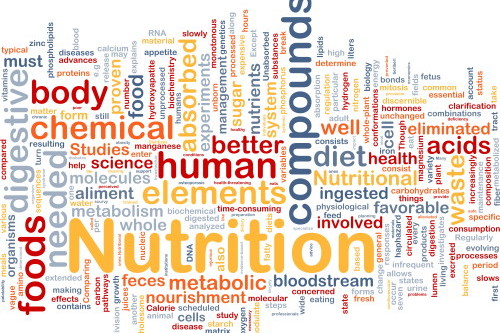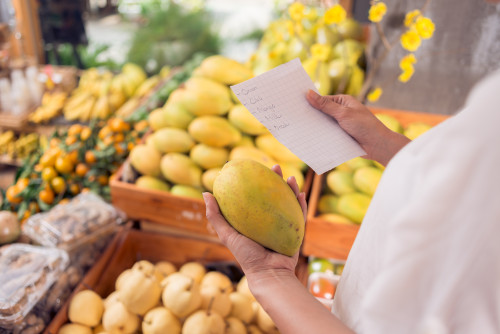Leaky Gut Syndrome – Fact or Profiteering?
Summary (simple language) The Leaky Gut Syndrome states that the gut is a garden hose with holes in it. Food components and bacteria enter the body through these holes. There they give rise to infections and illnesses. This is not true. The intestine is a highly complex organ that by its very nature has “holes”…
Details




